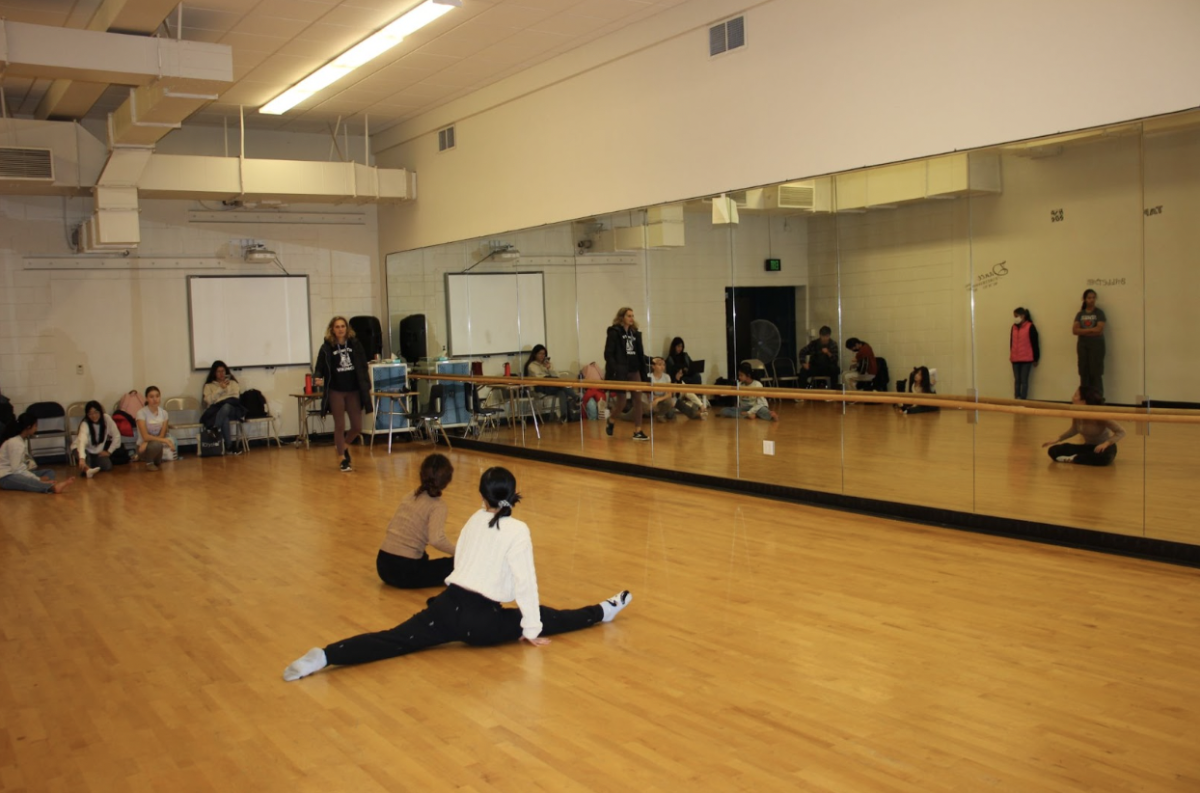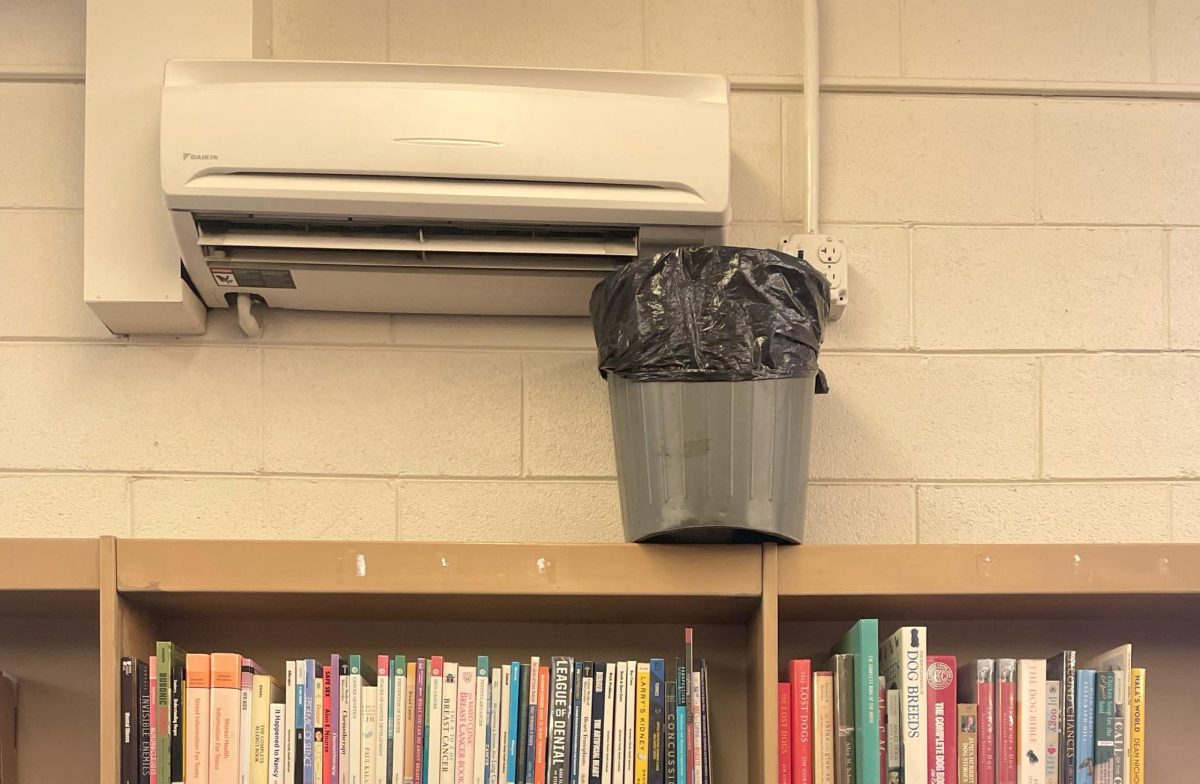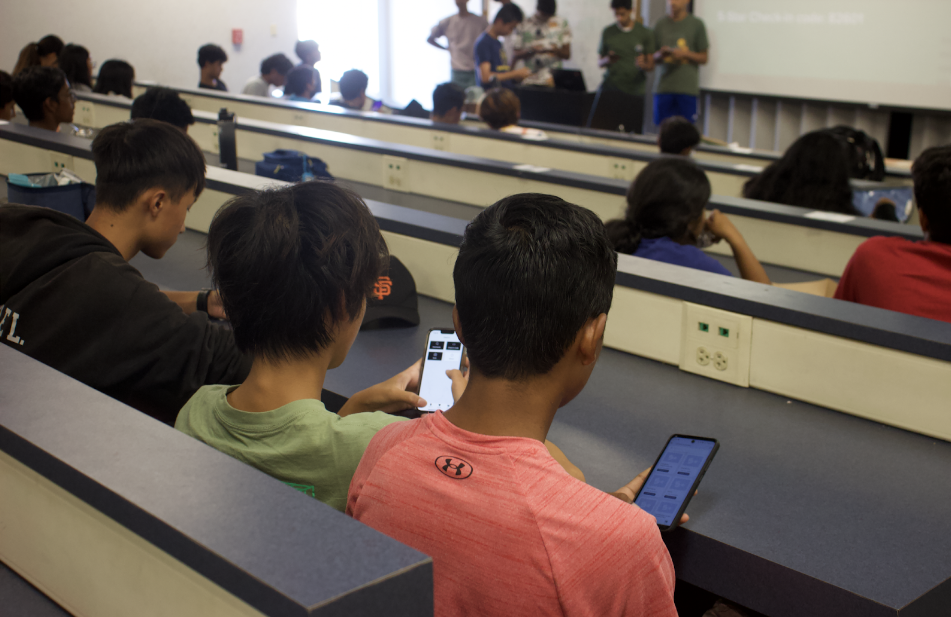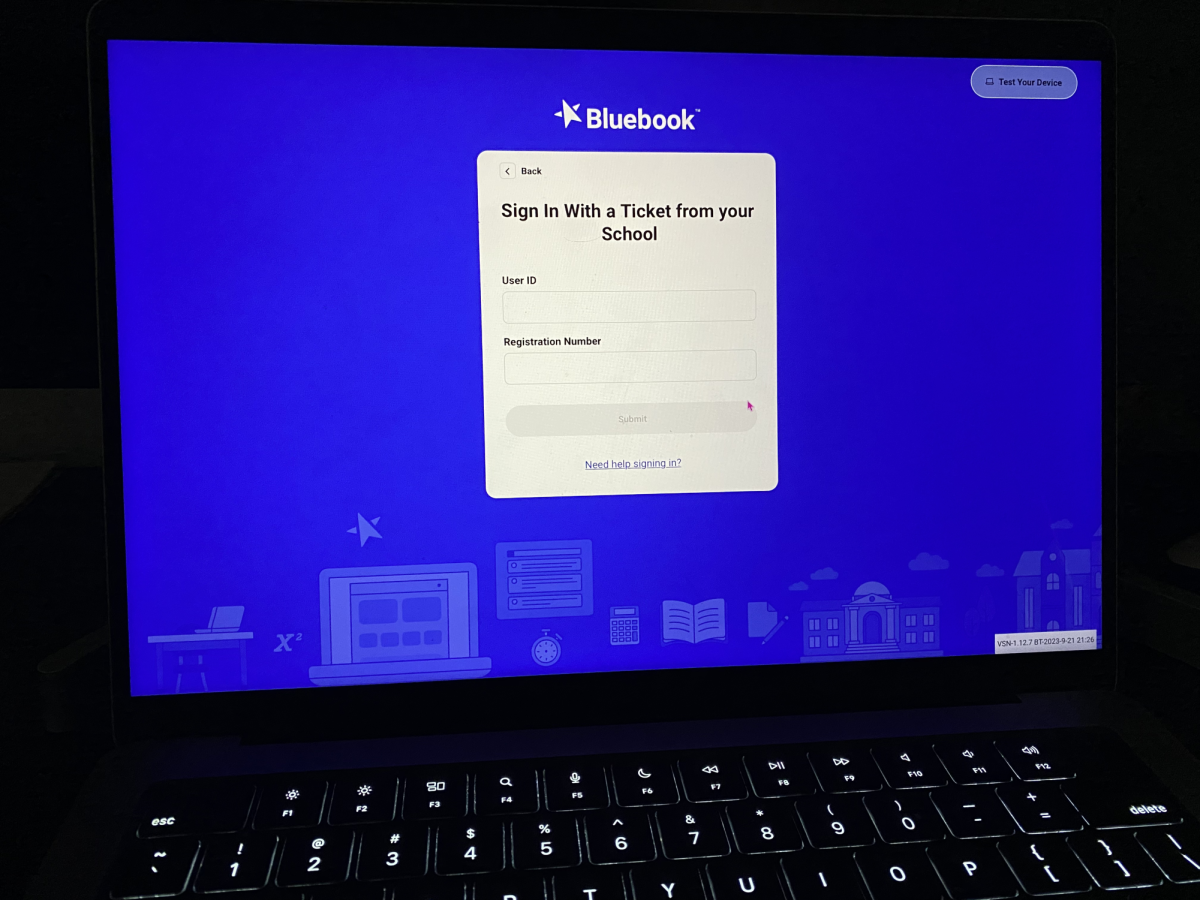Watermelons are CANCELLED
June 12, 2019
As summer rolls around and Irvington students are liberated from public education, there’s one fruit that dominates summer cuisine: watermelons. Although they’re undeniably popular, watermelons are not worth enduring an entire school year to enjoy.
Watermelons are mostly associated with summer and for good reason. Even though most fruits are seasonal, many are still present in year-round cuisine. Almost all berries are present in pies, cakes, and drinks year-round, making it convenient to enjoy these fruits. Even dragonfruit, as elusive as it is, is still present in Starbucks drinks for those craving the taste of the tropics in the winter. But watermelons? Watermelons are a summer-exclusive fruit that exists on its own, without being incorporated in other foods.
Watermelon is usually enjoyed on it’s own. Unless it’s in a fruit salad, they exist in singularity: think watermelon juice, watermelon salad, and watermelon kabobs. This makes it less versatile and minimizes optimal enjoyment. Watermelons are also inconvenient: eating a watermelon whilst avoiding the seeds is comparable to trench warfare. And while seedless watermelons do exist, they are still part of the majority of bad-tasting watermelons. Additionally, the size of watermelons make them difficult to dig into, and to transport. Good watermelons are rare, since most fall into the categories of foamy, crusty, or too much water and not enough melon. These watermelons lack flavor and are only compromised in artificial form. As an offspring of Mother Nature’s fruit factory, you know you’ve failed as a fruit if your artificial, mass-produced alter ego tastes better than your own natural self.
In conclusion, watermelons are not convenient enough for the common man, woman, or animal to enjoy. They are a hassle to select, prepare, serve, and consume, making them inferior to other fruits.
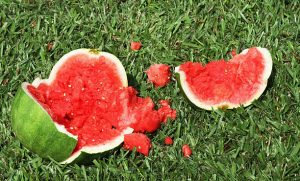
Watermelon broken from being dropped.



